Putting the class politics into union-building
MARTIN SMITH revisits some core organising principles that were to the fore in battles of the ’90s and which remain just as relevant today
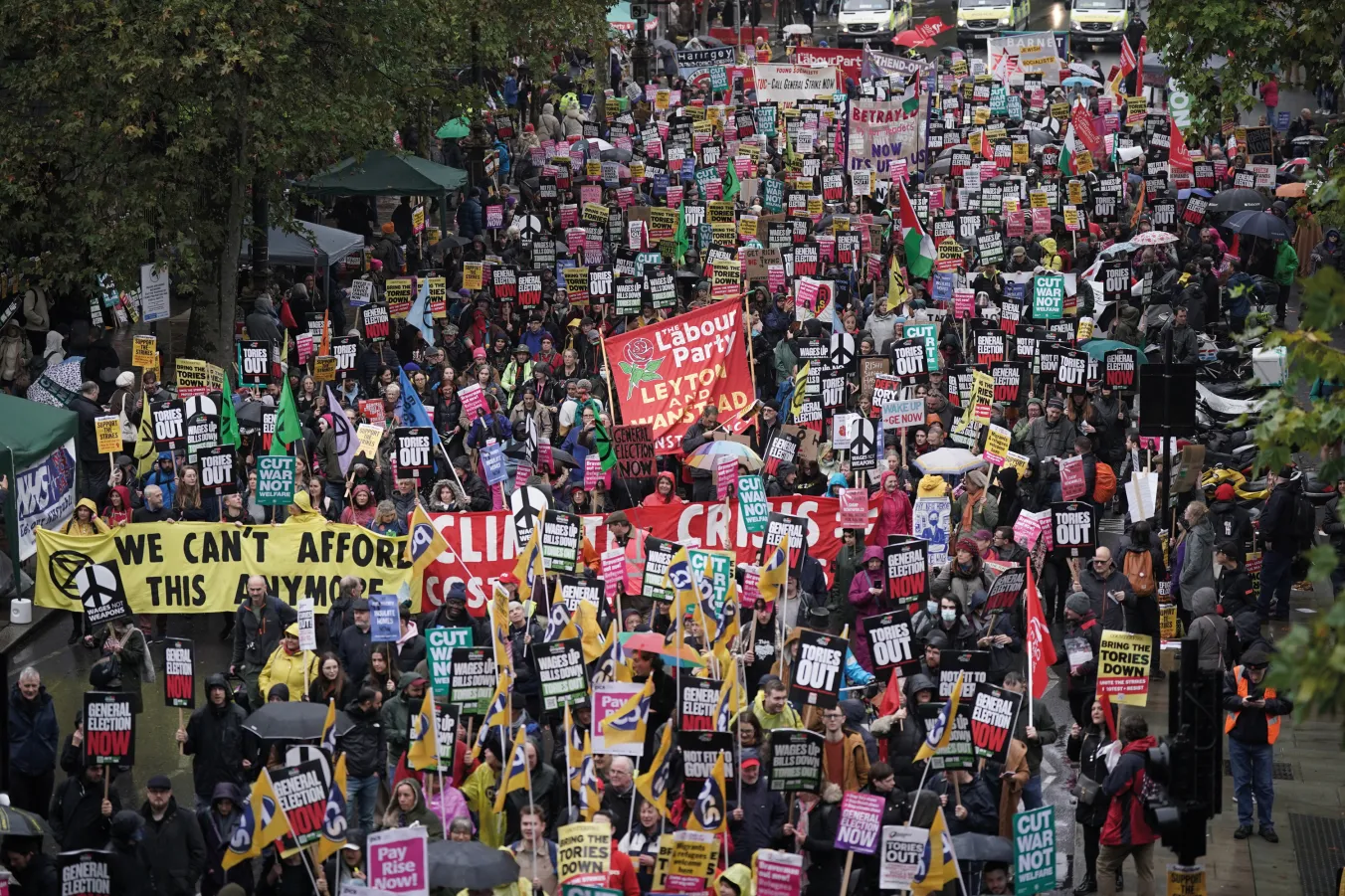
OVER the last 30 years there has been a slow, patchy, inconsistent and faltering return to an organic bottom-up organising culture in British trade unions, based primarily on a renewed understanding of the dynamics of class conflict at work.
Truthfully, this evolution was not assisted in any major fashion by the Labour government of 1997 to 2010, whose focus was on individual rather than collective employment rights that could be organised around, enforced as they were on a case-by-case basis through employment tribunals.
With the prospect of another Labour government, unions must learn the lessons of our failure to capitalise on the last one to grow our organisations.
More from this author

MARTIN SMITH says unions must be proactive if Labour's promises are to be turned into tangible gains for workers
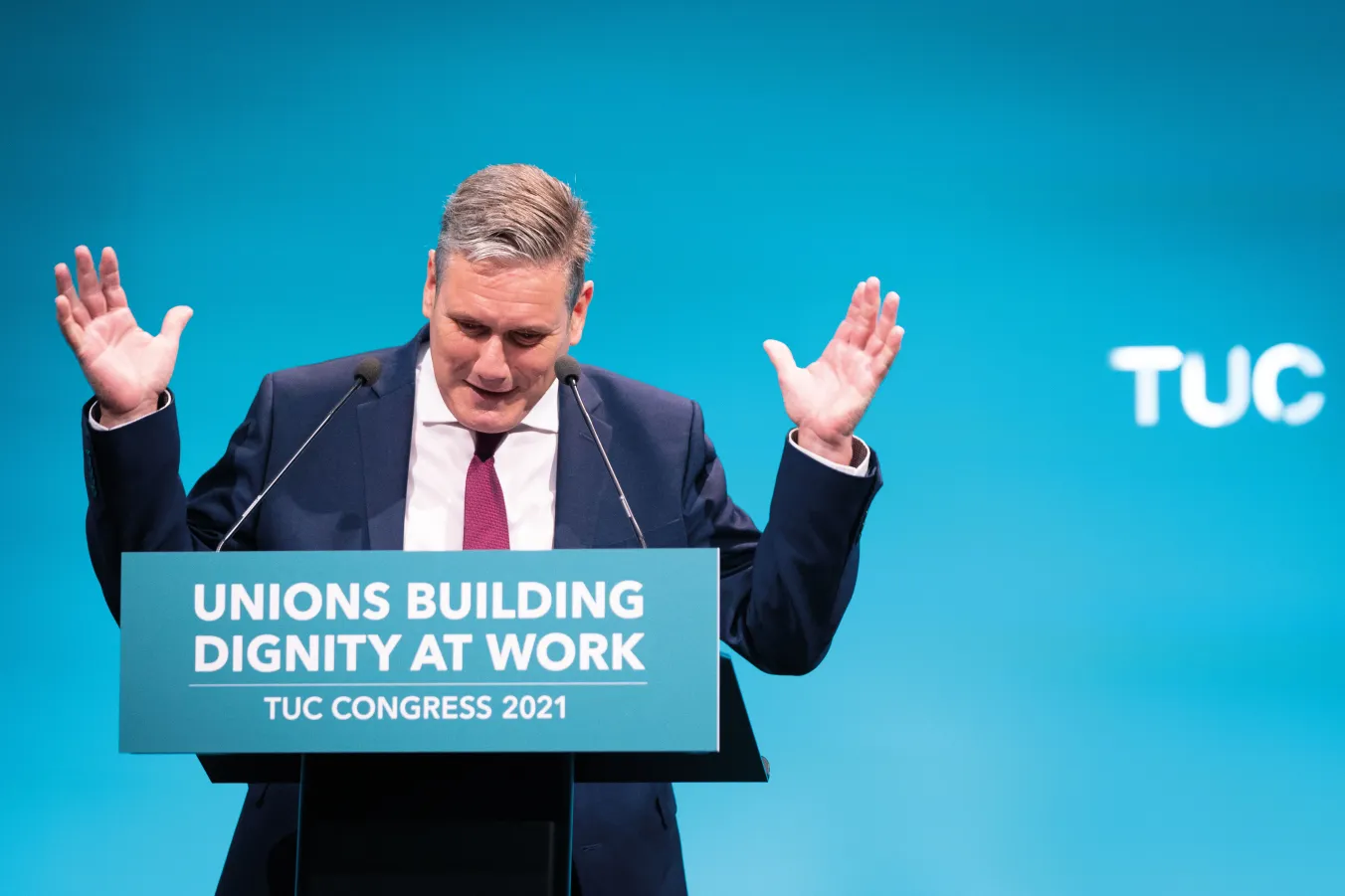
As the prospect of a Labour government becomes increasingly likely, MARTIN SMITH looks at the lessons for unions from the 1997-2010 era and focuses on what our core goals should be today
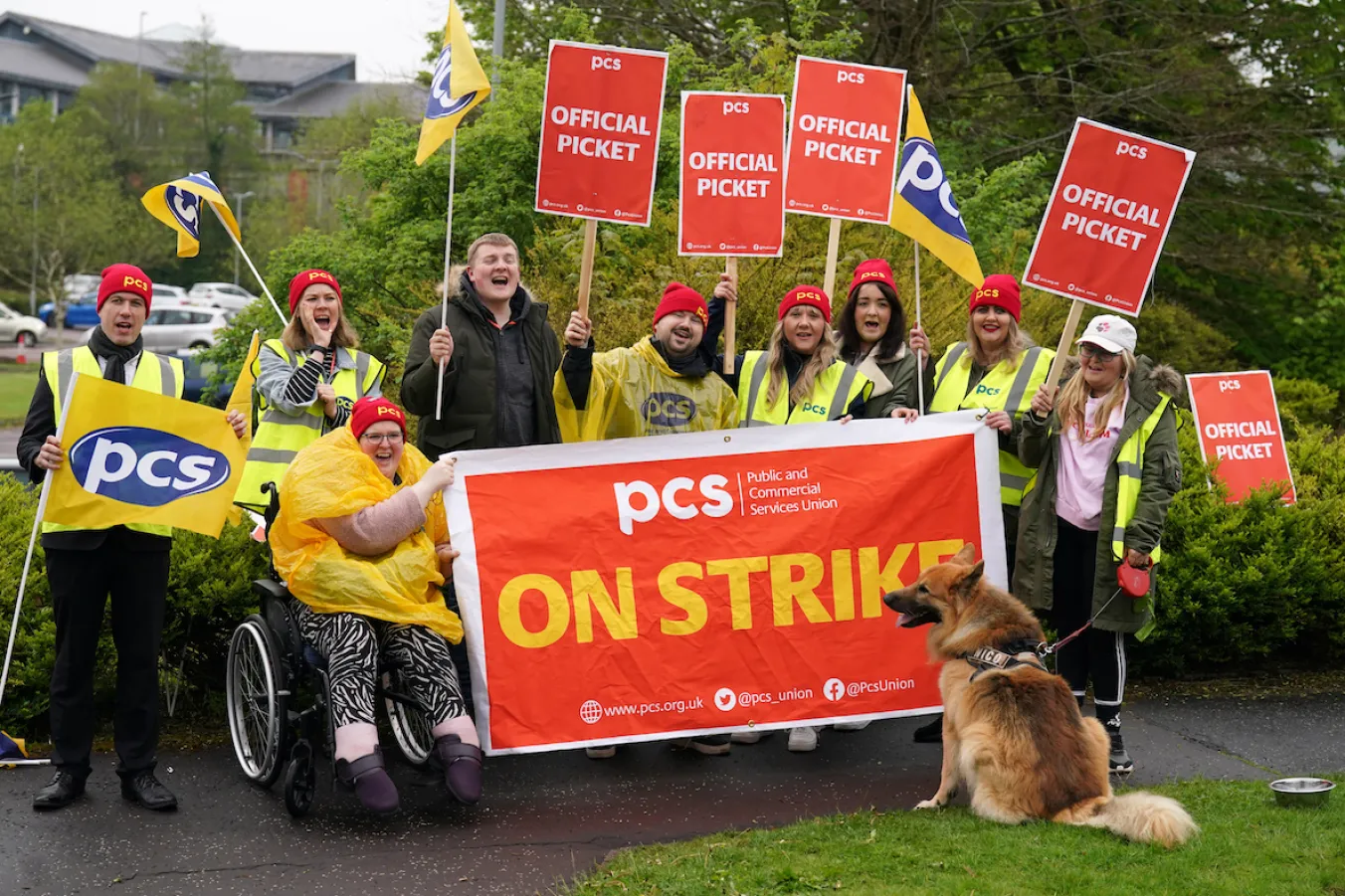
Former head of organising at GMB MARTIN SMITH puts forward eight principles to capitalise on the current wave of militancy
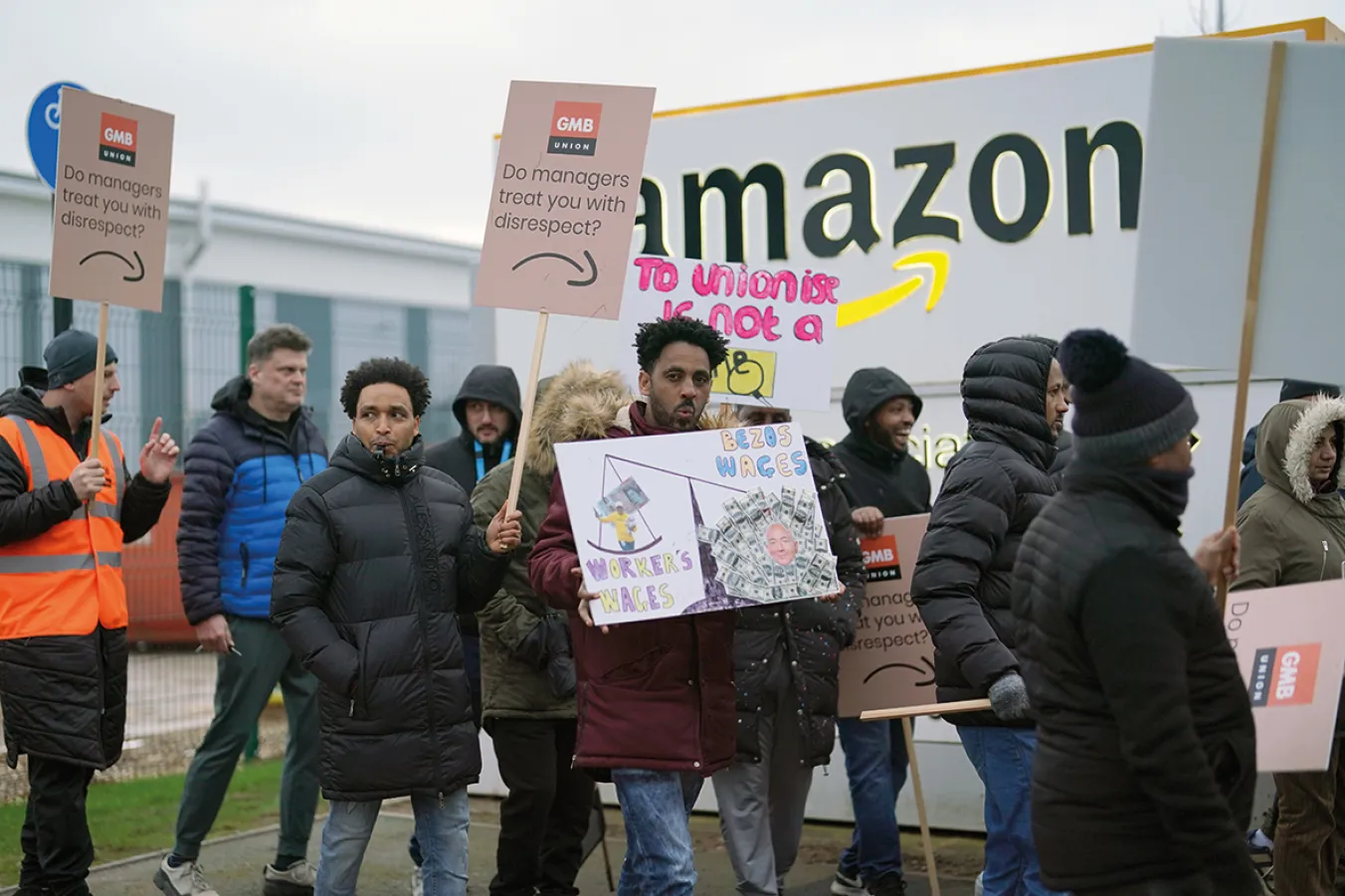
Apps like Uber, Bolt, Deliveroo and entities like Amazon are major employers — and a major obstacle to traditional post-1945 trade unionism. We too, must update, writes MARTIN SMITH
Similar stories

MARTIN SMITH says unions must be proactive if Labour's promises are to be turned into tangible gains for workers
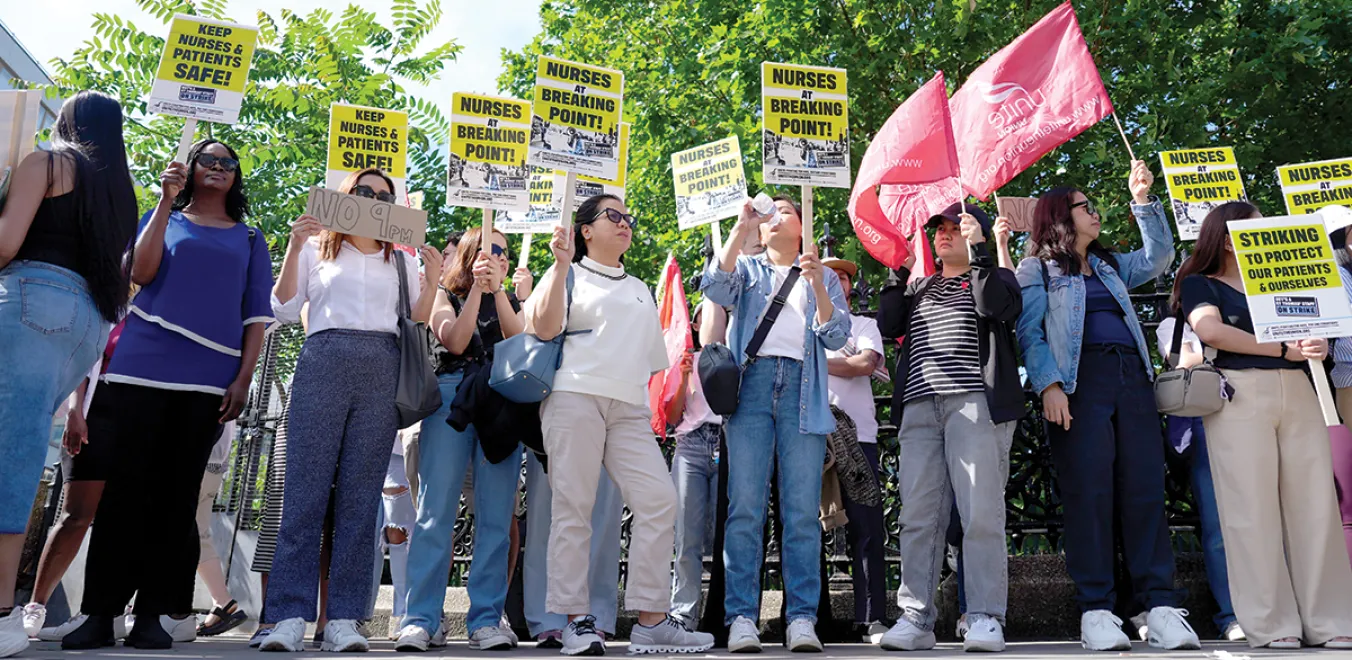
From AI to class-struggle unionism, the the GFTU's new courses aim to equip activists with skills to take on employers and halt membership decline, writes HENRY FOWLER

As the prospect of a Labour government becomes increasingly likely, MARTIN SMITH looks at the lessons for unions from the 1997-2010 era and focuses on what our core goals should be today
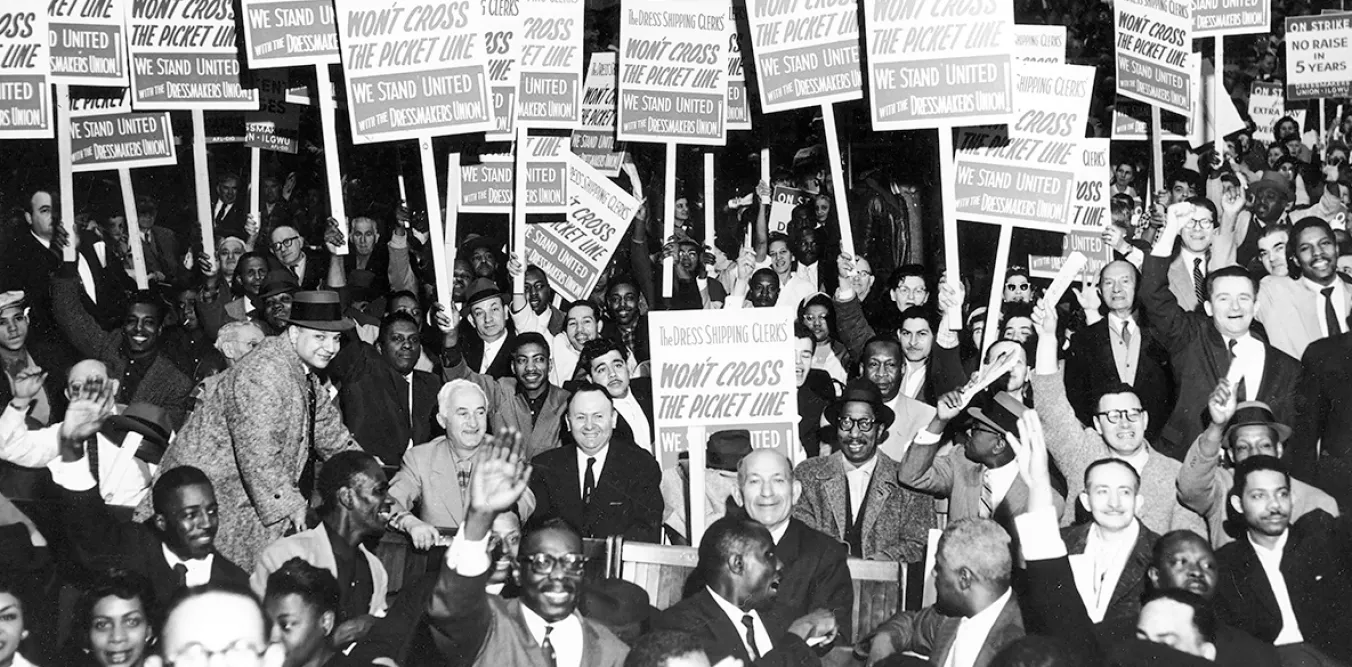
Anti-racism is indivisible from class struggle: sometimes we need to find ways to bring black and white workers together but also it can mean black self-organisation, writes ROGER McKENZIE









